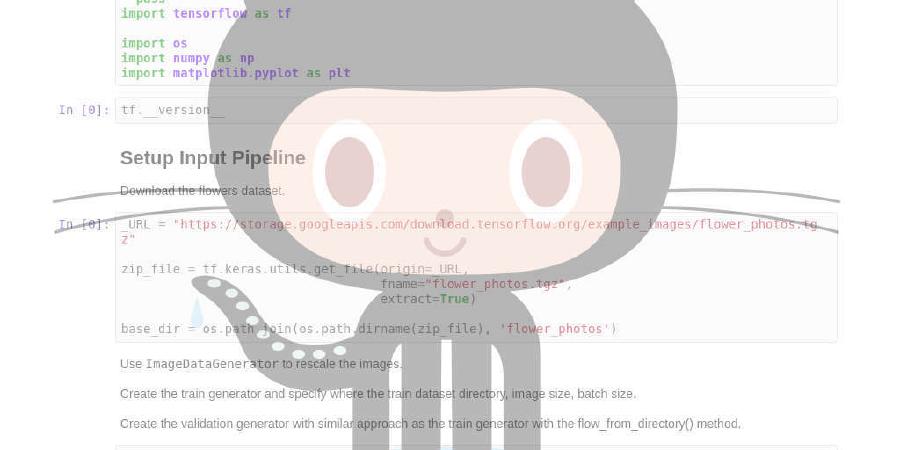redux-offline/redux-offline

Build Offline-First Apps for Web and React Native
| repo name | redux-offline/redux-offline |
| repo link | https://github.com/redux-offline/redux-offline |
| homepage | |
| language | JavaScript |
| size (curr.) | 1063 kB |
| stars (curr.) | 5742 |
| created | 2017-03-11 |
| license | MIT License |
Persistent Redux store for Reasonaboutable:tm: Offline-First applications, with first-class support for optimistic UI. Use with React, React Native, or as standalone state container for any web app.
Redux Offline is now being maintained by a community driven team. The new versions of the library will now be available under the npm organization
@redux-offline. Big thank you to @jevakallio for creating this amazing library in the first place.
Quick start
1. Install with npm (or Yarn)
For React Native 0.60+
npm install --save @redux-offline/redux-offline@native
For React Native <= 0.59
npm install --save @redux-offline/redux-offline
2. Add the offline store enhancer with compose
import { applyMiddleware, createStore, compose } from 'redux';
import { offline } from '@redux-offline/redux-offline';
import offlineConfig from '@redux-offline/redux-offline/lib/defaults';
// ...
const store = createStore(
reducer,
preloadedState,
compose(
applyMiddleware(middleware),
offline(offlineConfig)
)
);
3. Decorate actions with offline metadata
const followUser = userId => ({
type: 'FOLLOW_USER_REQUEST',
payload: { userId },
meta: {
offline: {
// the network action to execute:
effect: { url: '/api/follow', method: 'POST', json: { userId } },
// action to dispatch when effect succeeds:
commit: { type: 'FOLLOW_USER_COMMIT', meta: { userId } },
// action to dispatch if network action fails permanently:
rollback: { type: 'FOLLOW_USER_ROLLBACK', meta: { userId } }
}
}
});
If the effect payload is something other than JSON you can pass the body and headers:
const followUser = userId => ({
type: 'REGISTER_USER',
payload: { name, email },
meta: {
offline: {
// the network action to execute:
effect: { url: '/api/register', method: 'POST', body: `name=${name}&email=${email}`, headers: { 'content-type': 'application/x-www-form-urlencoded' } },
// action to dispatch when effect succeeds:
commit: { type: 'REGISTER_USER_COMMIT', meta: { name, email } },
// action to dispatch if network action fails permanently:
rollback: { type: 'REGISTER_USER_ROLLBACK', meta: { name, email } }
}
}
});
4. (React Native Android) Ask permission to read network status
If writing a native app for Android, you’ll need to make sure to request the permission to access network state in your AndroidManifest.xml:
<uses-permission android:name="android.permission.ACCESS_NETWORK_STATE" />
See Documentation for configuration options, the full API, and common recipes.
Contributing
Improvements and additions welcome. For large changes, please submit a discussion issue before jumping to coding; we’d hate you to waste the effort.
If you are reporting a bug, please include code that reproduces the error. Here is a starting application on CodeSandbox.
In lieu of a formal style guide, follow the included eslint rules, and use Prettier to format your code.
Miscellanea
Usage with Redux Persist v5
In case you want to use a custom redux-persist version, there is an example configuration.
Prior art
Redux Offline is a distillation of patterns discovered while building apps using previously existing libraries:
- Forbes Lindesay’s redux-optimist
- Zack Story’s redux-persist
Without their work, Redux Offline wouldn’t exist. If you like the ideas behind Redux Offline, but want to build your own stack from lower-level components, these are good places to start.
License
MIT




